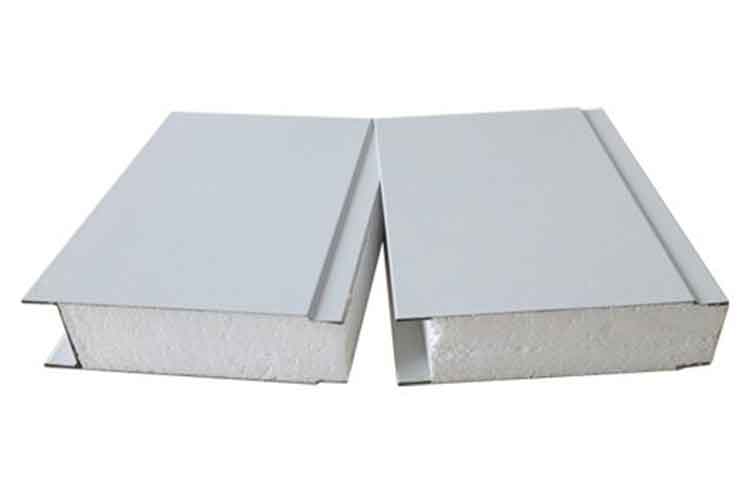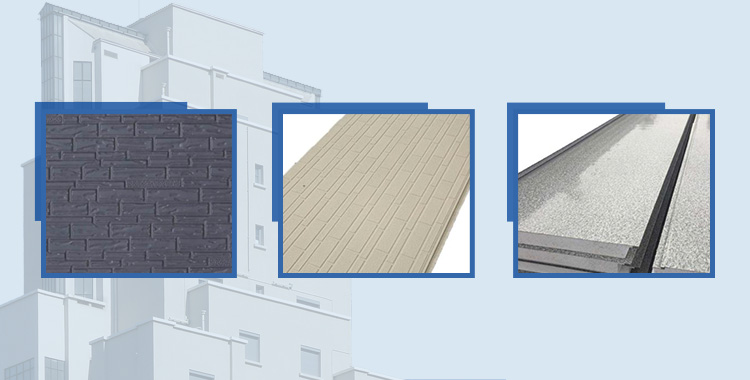COVID-19 Impact on the Global Sandwich Panels Market
The COVID-19 pandemic is having a significant negative effect on the construction industry, but the legal ramifications vary by region and contract. On the contractual side, there is a greater emphasis on international consulting firms that have guidelines and specifications, such as FIDIC (International Federation of Consulting Engineers) and NEC. The present stage of the pandemic has made it impossible to complete construction projects. The COVID-19 outbreak is delaying the construction industry's growth, causing disruption and delay, which can be linked to several disrupted supply chains. A few governments have even ordered the closure of specific companies across regions. The majority of residential and non-residential construction projects have been forced to halt.

Sandwich panel manufacturers and the overall construction industry are likely to face a number of problems, with the majority of housing projects expected to be left unfinished due to supply chain delays, cash flow constraints, and production shutdown. The almost complete lack of construction activity at project sites has further strained the financial condition of many manufacturers and developers. Despite the fact that demand for affordable sandwich panels in single-family and multifamily housing has risen in recent years, the COVID-19 pandemic has caused a significant setback for the sandwich panel market. Laborers have returned to their home countries in the midst of the COVID-19 outbreak. As a result of a labor shortage, sandwich panel manufacturers have found it difficult to complete projects on time. Furthermore, as manufacturing units close due to supply chain instability and contractual consequences, many manufacturers are having difficulty obtaining low-cost raw materials.
Aside from the factors listed above, consumer buying behavior is expected to have an effect on the overall sandwich panel market, as consumers are hesitant to invest in housing projects due to low per capita incomes and unemployment fears. As a result, sandwich panel buyers are forced to postpone their buying decisions for as long as possible, resulting in an accumulation of unsold stocks. As a result, given the current situation, sandwich panels are unlikely to remain affordable to stakeholders.


